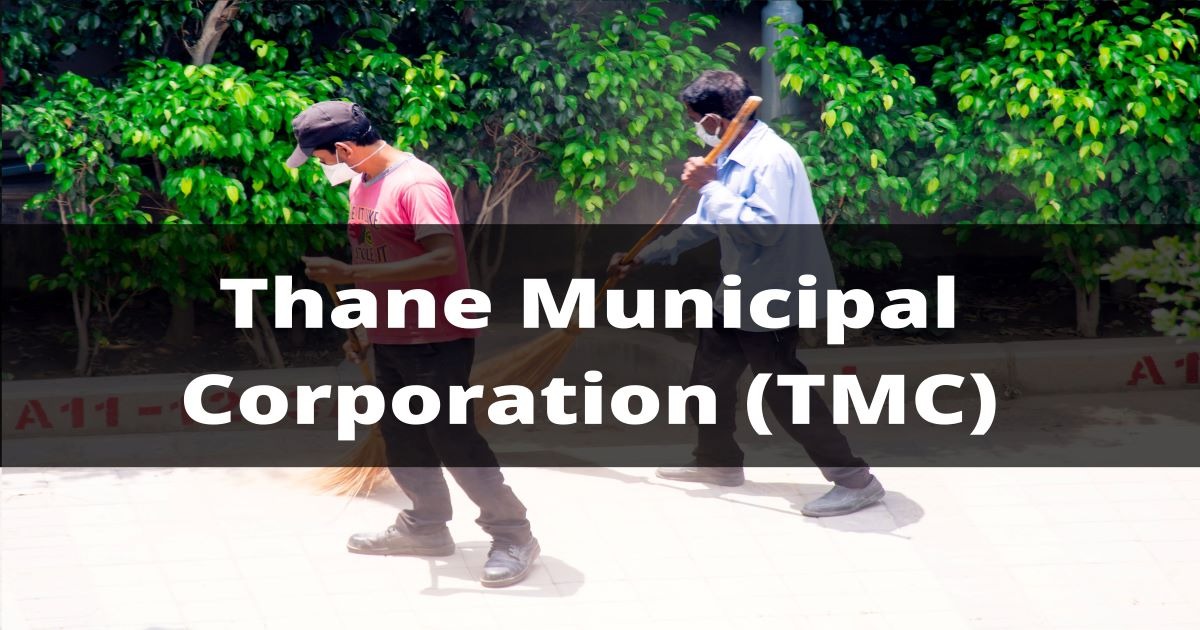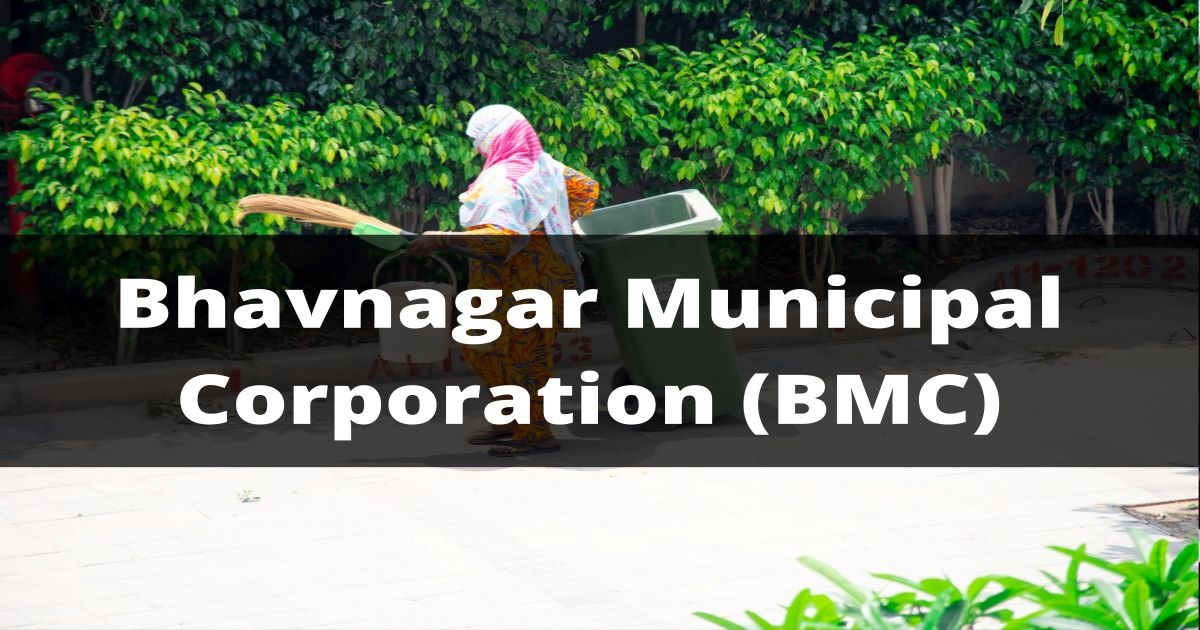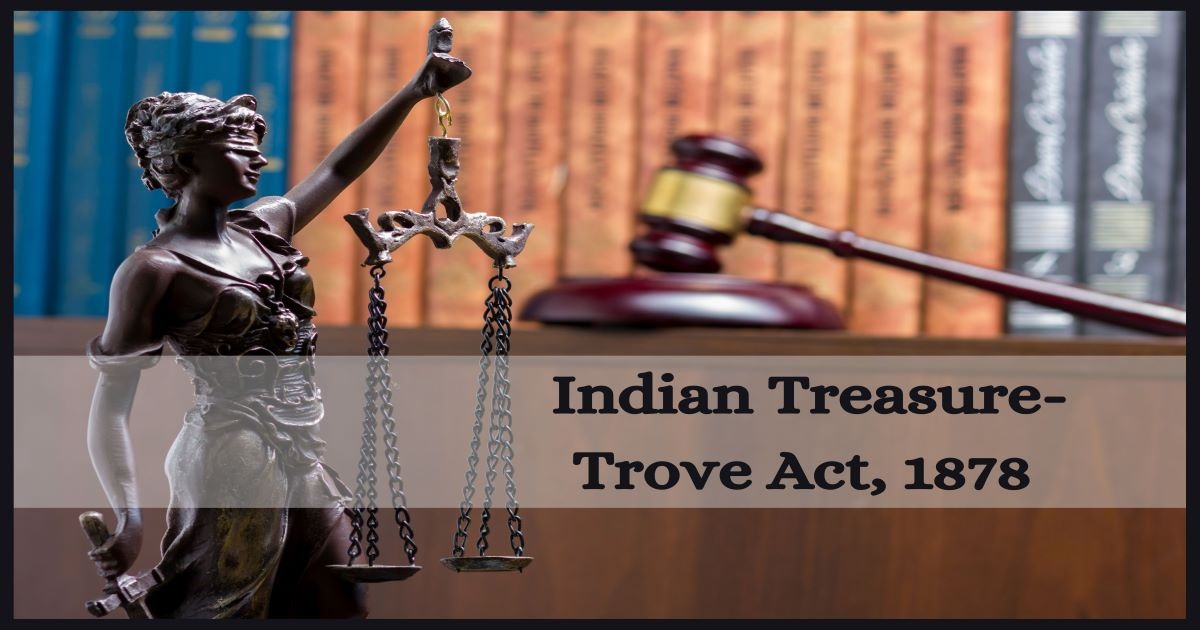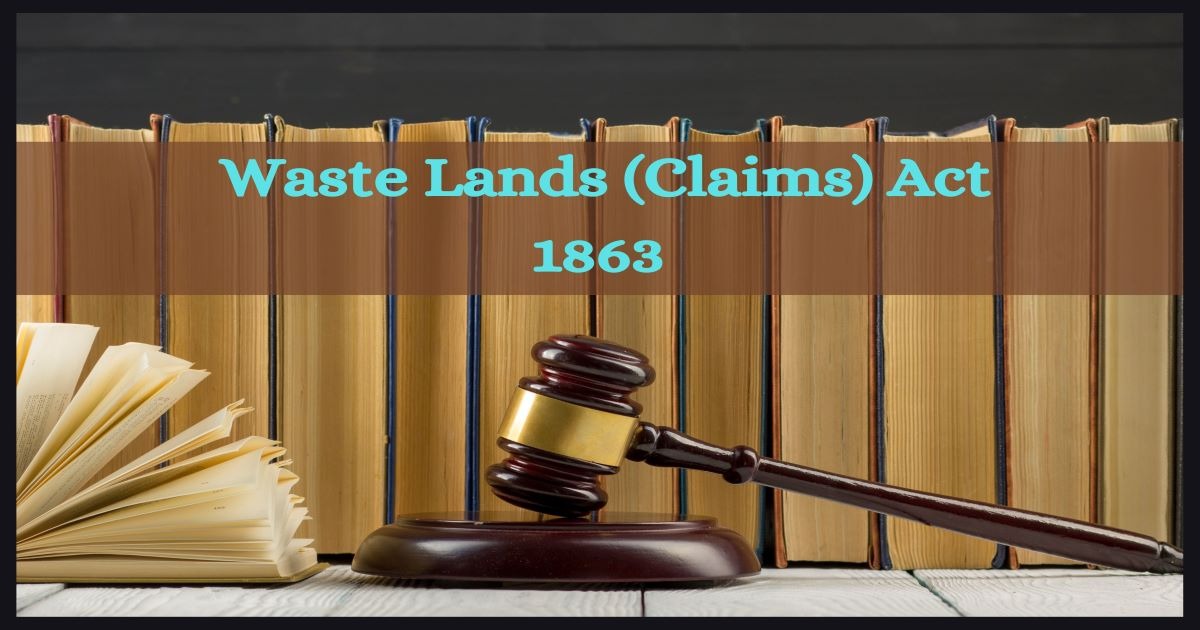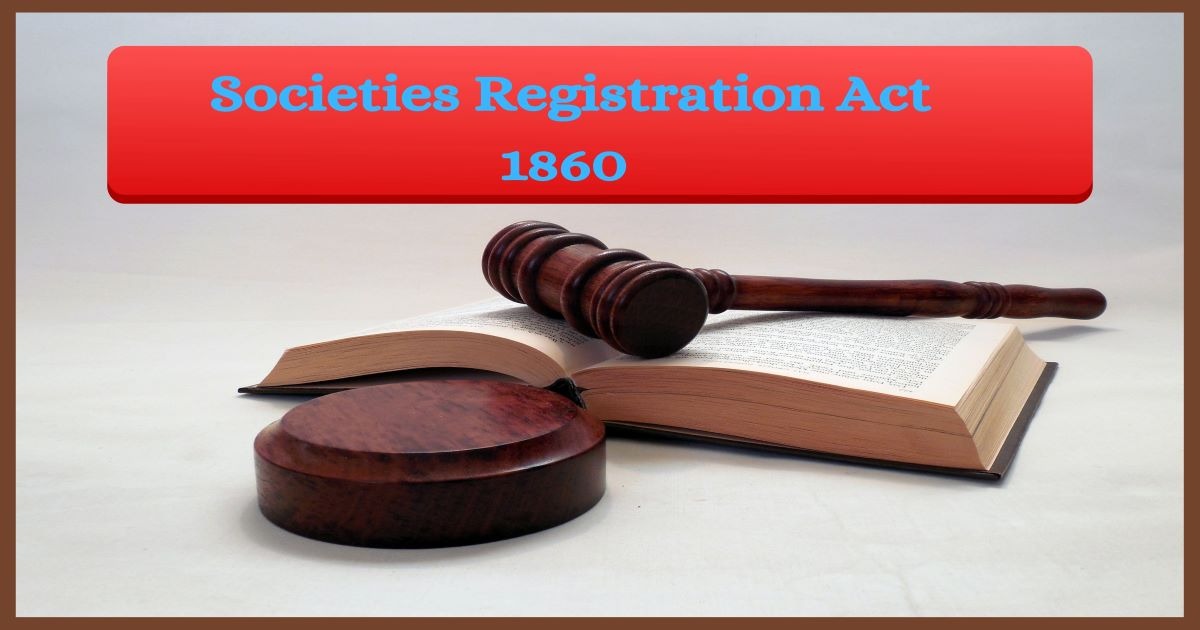When you are looking for the ideal piece of property, you want to be sure it meets your demands and fits within your budget. When you do not have the appropriate information or assistance to pick the most convenient choices, the procedure might become complicated and to avoid future problems, you must also consider all legal requirements. Do you intend to purchase a property or land? In the following sections, we will go over the whole process of purchasing a property as well as how to conduct the registration procedure online.
What is Land Registration?
The registration of documentation, ownership changes, and transactions of properties that are immovable is referred to as land or property registration. When you buy a residential plot/land or an immovable property, you must register it with the appropriate authority to verify that you have legal possession and a title. This aids in the reduction of fraudulent activities and the easy resolution of disputes, as well as the establishment and maintenance of an up-to-date public record.
Is it necessary to register a property?
It is not a choice to register your recently bought property in your name; under Section 17 of the Registration Act, 1908, all buyers are legally required to do so. Home purchasers and property owners must pay a percentage of the deal value in stamp duty to their respective state governments, as well as a 1% registration charge, as part of the procedure.
While most states need purchasers to visit a sub-registrar’s office to register their properties, certain states have established facilities to assist landlords in registering their properties online in order to provide hassle-free and timely services. These online services may be used to register both flats and plots.
It is important to note that delaying property registration in order to save money can be both costly and potentially dangerous. If the asset is not registered in the owner’s name in the government’s records, the owner may be unable to establish his ownership in the event of a future dispute.
What is the purpose of property registration?
Many Land Laws of India, as well as the Registration Act of 1908, were enacted to secure the lawful transfer of land. These are quite useful in resolving a variety of issues that are expected to emerge in the near future. Land registration assists governments and local authorities in levying appropriate taxes on such lands in order to generate income for the country’s growth. It also aids government personnel in keeping track of properties and compiling a land-use map.
Furthermore, if your land is registered, you are entitled to compensation in the event that it is surrendered to the government or third-party corporations who propose to carry out infrastructure projects.
What is the procedure for registering a piece of property?
Encumbrances: An encumbrance is something that makes it difficult to transfer property registration information from one owner to another, such as unresolved debts, property liabilities, overdue real estate taxes, and so on. Before purchasing a property, a buyer should verify for any encumbrances on the property and get them resolved. This may be verified at the subregistrar’s office in the municipality where the property is located.
Oral Arrangement: A verbal contract can be reached between the seller and the buyer for the acquisition or sale of land. This might include a physical inspection of property and price discussions.
Contract preparation: Once a contract has been orally agreed upon, it must be written down. This is accomplished by completing the sale document. Although the document may be created by anybody, it is recommended that you obtain legal advice to verify its legitimacy.
Pay stamp duty: Once the deed is completed, you must pay stamp duty. Depending on the state, stamp duty might range from 3 to 7 percent.
Execute and register the sale deed: The final step is to execute and register the sale deed by going to the Sub-registrar of Assurance’s office and presenting all of the necessary papers. In Gujarat, an image of the land is required, but in Maharashtra, you must present a property card and a 7/12 extract paperwork.
Property mutation: The property mutation in the land and revenue records is the ultimate stage. This may be done by going to your local municipal government.
| State | Website |
| Andhra Pradesh | http://registration.ap.gov.in/ |
| Delhi | https://doris.delhigovt.nic.in/ |
| Kerala | http://keralaregistration.gov.in/pearlpublic/index.php |
| Karnataka | https://kaverionline.karnataka.gov.in/ |
| Maharashtra | https://efilingigr.maharashtra.gov.in/ |
| Madhya Pradesh | https://www.mpigr.gov.in/indexEnglish.html |
| Rajasthan | http://epanjiyan.nic.in/ |
| Tamil Nadu | http://www.tnreginet.net/ |
| Telangana | https://registration.telangana.gov.in/propertyRegistration. |
| Uttarakhand | http://registration.uk.gov.in/ |
| Uttar Pradesh | https://igrsup.gov.in/igrsup/welcomeAction.action |
| West Bengal | https://wbregistration.gov.in/(S(nixvg4bz1k4wsuwpk0uisvn4))/index.aspx |
| Jharkhand | http://regd.jharkhand.gov.in/jars/website/ |
To continue, it is important to note that only a portion of the property registration procedure may be done online. This implies you may enter information about the seller, buyer, and property on the official site of the relevant state. One can pay the stamp duty as well as the registration charge online. In all states, however, you will need to schedule an appointment and visit the sub- registrar’s office to finish the registration process.
Online Land Registration and Property Registration
If you reside in a state that offers online property registration, there are a few things you should know:
Only a portion of the procedure may be performed entirely online: Even if your state offers online property registration, keep in mind that just a portion of the registration procedure may be performed online.
• You may find the local circle rate to get the overall worth of your property.
• You can figure out how much stamp duty and registration fees will cost.
• You may pay your stamp duty and registration fee online and receive a receipt.
• After that, you will need to schedule an appointment and show up at the sub-registrar’s office at the scheduled time for the final property registration.
Payment must be made online: A property registration appointment may only be scheduled once you have paid the appropriate stamp duty and registration fees online. Payment must be made using a debit card, credit card, or net banking account. Although most states accept payments online, purchasers in select remote parts of these states may be able to make purchases via check or cash.
TDS had to be paid online: If the transaction value exceeds Rs 50 lakhs, the buyer would be required to pay 1% TDS on the property value online and print a receipt. This piece of paper would be required for physical verification.
Your cellphone number is the key to completing the online procedure: As you progress through the procedure, your mobile number will be the key to its completion. Not only would you receive one-time passwords (OTP) through SMS during the registration procedure, but you would also receive a notification regarding your appointment and the conclusion of the procedure.
Required documents for property registration and information
You simply need to purchase e-stamp papers and pay stamp duty and registration charg online. For verification, all of the documentation must be provided to the sub-registrar.
For property registration, you will need to input information online.
When registering a property online, you will need to fill in the following information:
Details of the property: number, location, pin code, and so on.
Specify the property type: Property types include flats, plots, and agricultural land.
Type of ownership: Purchase, gift, lease, and other modes of ownership.
Personal information about the owner: name, age, employment, parent’s name, and so on.
Property proof: Property proof includes a title deed and a power of attorney.
Documents necessary for the office of the sub-registrar
• A properly drafted non-judicial stamp sale contract worth the deal value.
• On both copies of the papers (seller and purchaser), two passport-size photos are required.
• E-stamp paper with the right stamp duty amount.
• E-Registration fee receipt with an undertaking.
• A copy of the PAN card is required.
• All parties’ original ID evidence is required (seller, purchaser, and witness).
• TDS receipt if the property is valued at more than Rs 50 lakh.
• The buyer must show a documented history of ownership transfers in the case of both land and residential property.
The following is a timeline for submitting documentation for registration:
Within four months of the date of execution, property documents must be filed for registration. If the paperwork were completed outside of India, they might be presented for registration within four months after their arrival in India.
When will the registered property paperwork be returned to me?
The registration of your property paperwork takes approximately two weeks. To obtain your documents back, you will have to go to the sub-registrar’s office.
What happens if you do not register your property?
The documentation will not have any bearing on the property and will not offer any property rights over the land if they are not registered, as per section 49 of the Indian Registration Act, 1908. To put it another way, the buyer will be deemed by the court as an undocumented owner with no rights to the property.
Other things to keep in mind while registering land and property on the internet
• Even though a major portion of property registration process may be performed online using the official portals of the relevant authorities, all parties engaged in the transaction must present in person at the sub-registrar’s office for the final signature and biometric verification. To accomplish this formality, one must reserve a time slot online.
• At this point, it is also worth noting that you should strive to finish the internet registration procedure only with the help of an experienced lawyer and your real estate broker. When attempting to complete the procedure, never enlist the help of a third party.
• To fulfil the procedures, you will need to provide two witnesses, as is the case with most transactions. Originals and photocopies of their identification and address proofs must be carried by these witnesses.
• Many governments have created online property registration websites to make the process easier. These websites give access to stamp duty rates, model deeds, and the ability to begin the registration procedure. To finalize the registration of the property, however, a physical visit to the sub-registrar’s office is required.
Final Thoughts
Experts advise that before purchasing property, make sure you have done your due diligence on the land and its title, whether it is agricultural land or land that can be utilized for other business purposes or even to build your own structure. It is also a good idea to buy land from reputable and trustworthy brokers or agencies. You can also buy straight from the proprietors of the land. This will make registering the property simple and straightforward.
As previously stated, it is important to register the property since it establishes legal title and aids in the resolution of any ownership disputes. To save money on stamp duty and registration fees, consider the following when registering your property:
• Some states provide discounts for registering property in the names of female family members. Check out the service and take advantage of it.
• Always register the property at the guideline value, which is the state government’s basic price for property registration.
You Might Also Like
Frequently Asked Questions (FAQ’s)
What is the definition of property registration?
The registration of documents, ownership changes, and transactions involving properties that are immovable are all referred to as land or property registration.
Is it necessary to register a property?
Section 17 of the Registration Act of 1908 requires all buyers to register their property.
What is the cost of registering a property in India?
A property registration charge of 1% of the deal value is paid in nearly all states.
When does it become essential to register a property?
A transaction must be documented with the jurisdiction’s subregistrar’s office whenever a property is sold, leased, transferred, or donated.
What is property e-registration?
The government’s attempt to simplify the registration of immovable assets is known as e-registration. It aims to keep land conflicts at bay. E-registration has made the procedure much easier. It is done to provide proof of ownership and to make transactions easier.





















